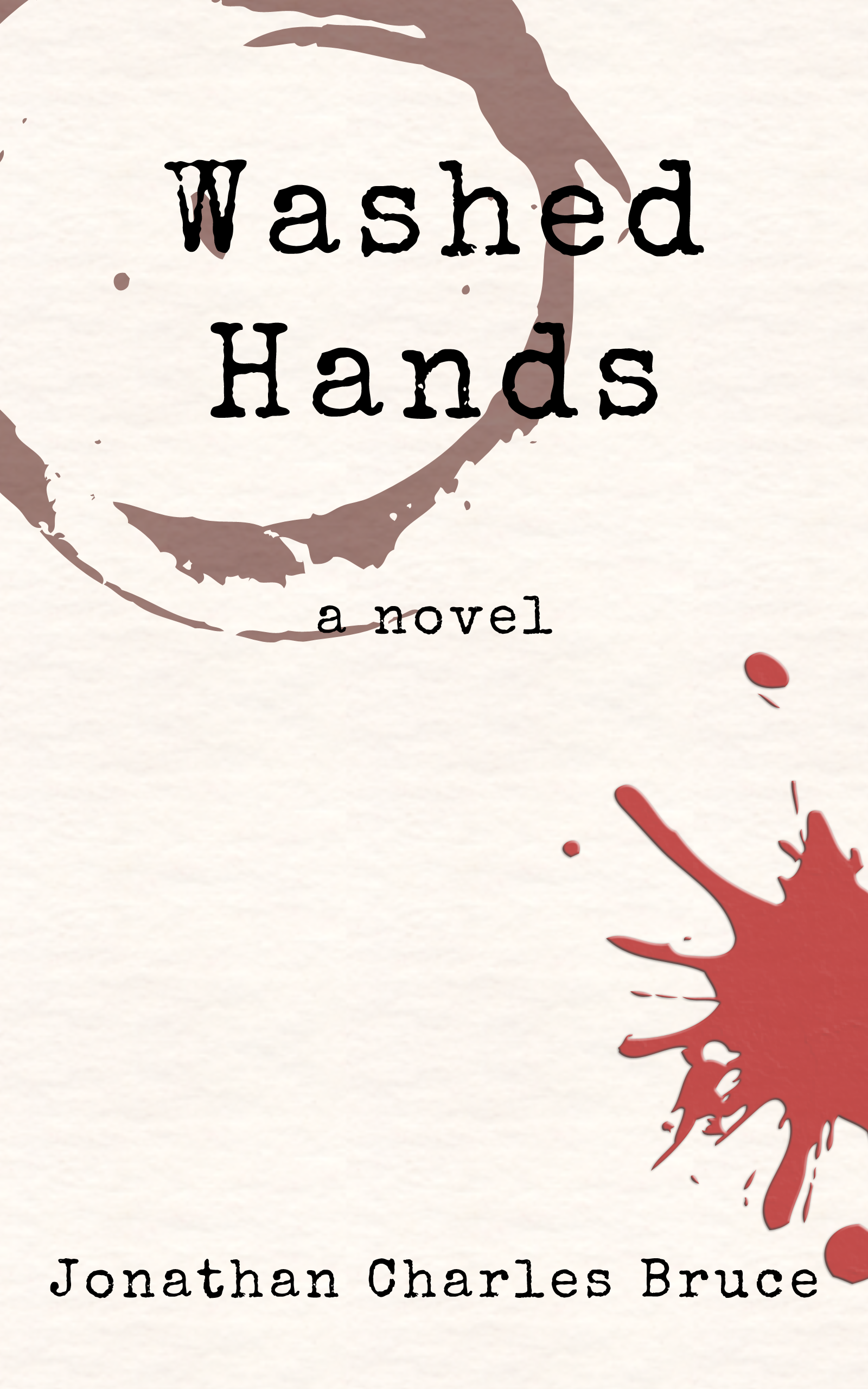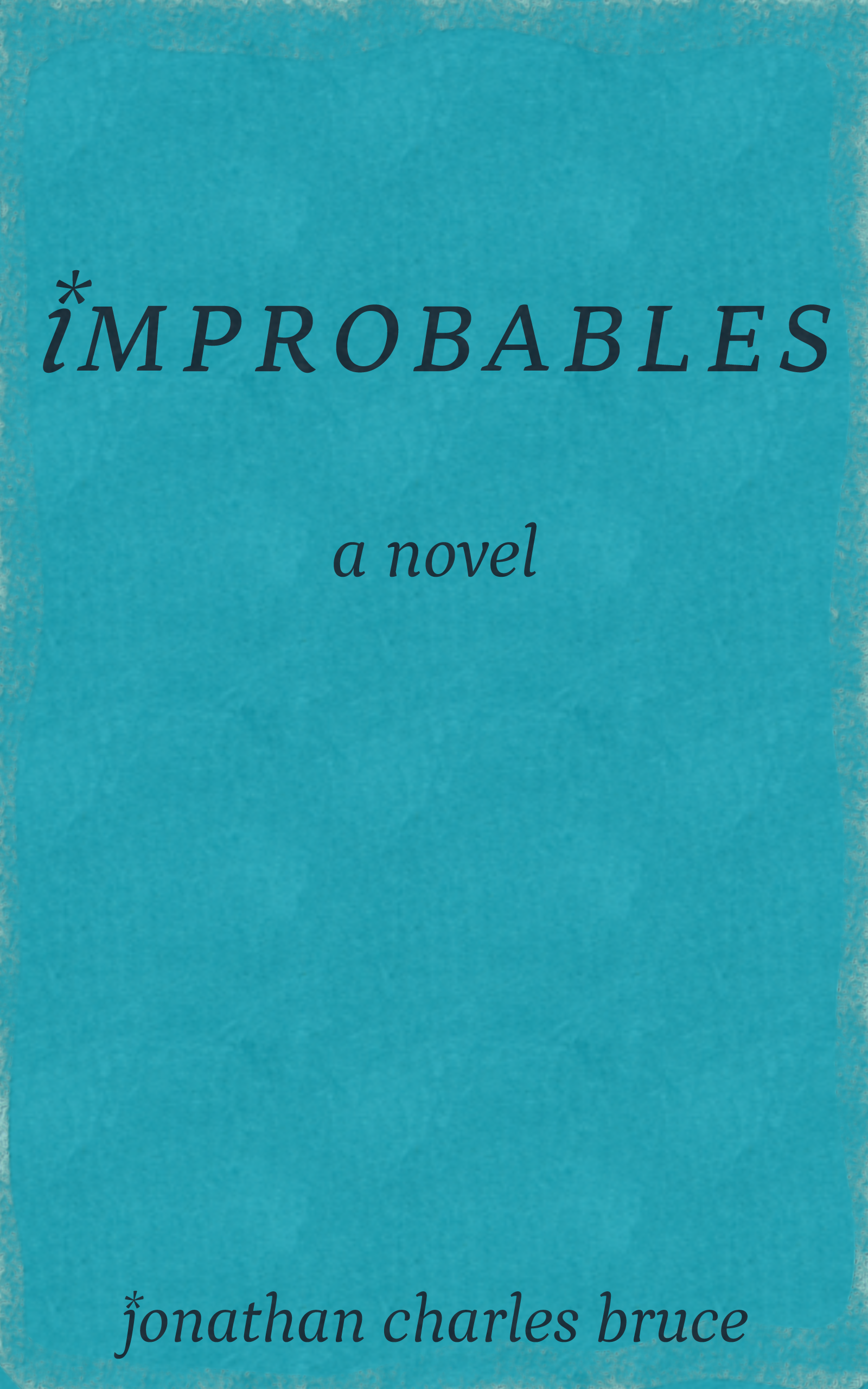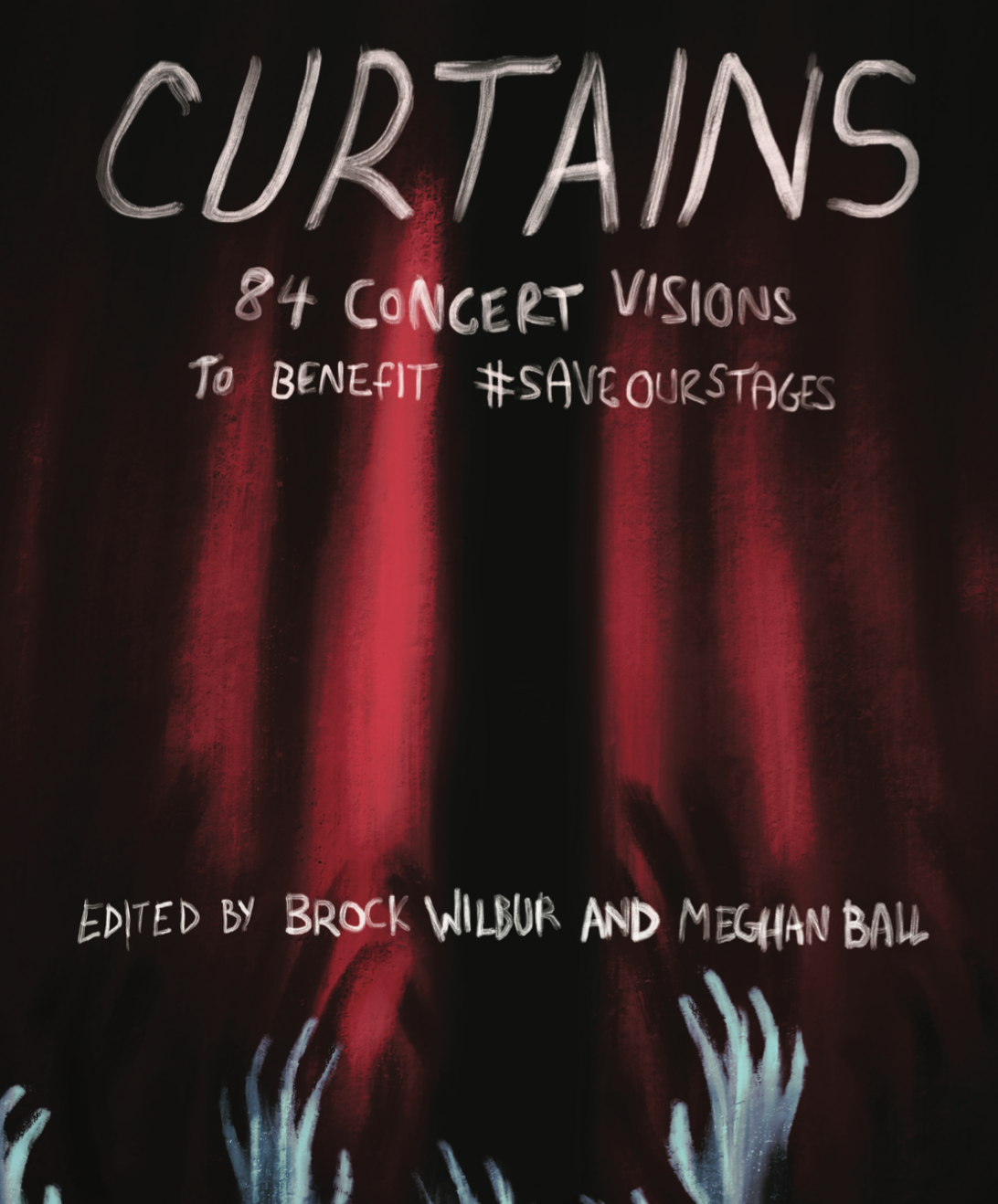On Music and Video Games, Pt. 2
I hope you’re ready for another musical blog post!
Some time ago, I wrote a post that was littered with selections of gaming music I like to listen to while writing. As I mentioned, there’s something really useful about non-vocal tracks that can help pace something being created, and my go-to stuff is usually from that unholy devourer of time, the video game.
Some of the games being sourced here are repeats, but it’s totally justified by the fact that a) I am lazy and b) it’s good music. I guess I also wrote something about writing advice or whatever a couple of weeks ago, and I suppose this may be as good a time as ever to return to the subject. Or not.
Most soundtracks have an accompanying link. If they don’t, some dedicated searching can probably net you a functional link to Amazon. And without further ado...
When Corruption Will March Ever Onward
Akihiko Matsumoto’s Staff Roll from Resident Evil Outbreak and File 2
Resident Evil is one of those games series that really ought to be led out back and shot. Precisely one entry had the self-awareness to capitalize on its inherent silliness with the occasional knowing wink to the audience, while the others were so busy being pleased with themselves that no one noticed when it became a boring, self-plagiarizing mess.
Yet there are two additional games that carry the name Resident Evil that I find oddly compelling – the Outbreak series. Unlike the others, where you play characters that can drop five stories without injury only to be coughed on by a mutant and die instantly, Outbreak had you playing one of seven average chucklefucks. The loading times were abysmal, the enemies were terrifyingly overpowered, there was a time limit that shrank if you ever took a hit, and all the characters controlled like RC cars stuck in mud.
But it was oddly compelling. Despite its shortcomings, Outbreak kept a good portion of Resident Evil silliness (emblems everywhere!) but, for once, not enough to kill its atmosphere. And the average characters being bumbling dopes – well, they were averages shmucks in a zombie apocalypse, what did you want?
And unlike every other version of Resident Evil, the game had an entirely appropriate theme for its credits sequence:
Outbreak
Outbreak: File 2
The Umbrella Corporation lumbers forever onward after the government finally steps up and nukes Raccoon City to the ground. These seven people – who will probably be harassed by lawyers, private eyes, and the corporation’s private military force until they testify in court – have lost their entire lives. And as the rest of the series’ canon reveals, it was really all for nothing.
Good night!
When It’s Just You Against Sci-Fi Horror Shows
Curtis Schweitzer’s Crystal Battle Theme 1 from Starbound
It’s a rare feat to combine the desperate isolation of space faring with the intensity of being hunted, namely because I’m not sure that’s something that comes up all too often in our daily lives. At least mine. Maybe you’re constantly plagued by horrors beyond veil of time and space, but that’s what you get for reading the Necronomicon.
Anyway, Starbound is a game where you explore planets, build small cities, and then accidentally summon adorable aliens to destroy all your hard work. It’s like Terraria with slightly more guidance and bigger graphics. The real star of the show, though, is the soundtrack.
This track in particular is extremely well done. I love the way it captures the grim aesthetic of “last human in the universe” with “unknown 1950's era horror”. It’s haunting without being forced, reminding the player that, even after this present danger has passed, there’s still a whole universe out there that doesn’t care.
If you want to listen the hell out of the rest of the soundtrack, feel free to do so here.
When Life is Beautiful
Riyou Kinugasa, Takuya Kobayashi and Hiromi Mizutani’s Life is Beautiful from Deadly
Premonition
Deadly Premonition is a game that’s horribly optimized with a loopy protagonist and somehow even more psychotic bad guys. The plot is Twin Peaks mixed with Silent Hill with a dash of PCP, where FBI Agent Morgan travels to town with his imaginary friend Zach to investigate the grisly murder of a young woman. While here, he will divine the future in the swirls of cream in his coffee, talk about his favorite movies to Zach, shoot not-zombies, drive a crazy old woman around the town before her pot gets cold (not a euphemism), peep into people’s houses, forget to shave, make offensive comments to everyone he meets, smoke time-contracting cigarettes, kill a guy who somehow transforms into an axe-wielding monster with hair out of Dragon Ball Z, and maybe have time to solve the mystery.
It’s absolutely insane, and it is absolutely worth every moment you put into it.
There’s a version of this that someone looped for 10 hours. You’re welcome.
Played during the brief moments of respite (or, rather, when everyone is finished being assholes for no real reason), Life is Beautiful is the jaunty, whistled theme of a good day. I also love how it sounds like the person whistling runs out of breath at one point, but everyone recording was like “Fuck it, you’re doing such a good job that we’re going to keep the take. Have a cupcake.”
Also, kazoos.
I know that there are some people who have threatened to kill over whistling in music, but they can take their grumpy, sad music while I walk down the street with a spring in my step, whistling the theme to crippling personality disorders.
I mean... um... a beautiful life. *cough*
When Your Inner Demons Decide to Become Outer Demons
Danny Baranowski’s My Innermost Apocalypse from The Binding of Isaac
As I mentioned last time, The Binding of Isaac is a lighthearted game about an abused little boy trying to escape his mother’s attempt to sacrifice him to prove her love to god. Using the power of his tears (which are somehow projectiles), he fights his way through the basement, into a cave system, then into an even deeper cave system, into his mother’s womb, and... well, there’s nothing I can say after that Freudian can of worms that will get that image of your head, so I’ll just stop there.
Danny Baranowski’s work is always top-tier, orchestrated around whatever the unifying theme of the game is. For the final battle in Isaac, he crafted an amazing synthesis of different tracks from the game, all of which contribute to a final boss battle actually feeling like a well-designed fight to the finish. It also helps that the final bosses of Isaac are incredibly durable motherfuckers who deserve the music that plays during their encounters.
You can buy the soundtrack here, if you are so inclined.
When You Need to Ruuuuuuuuuuuuuuuun!
Danny Baranowski’s The Battle of Lil’ Slugger from Super Meat Boy
Sometimes, an evil fetus with a PhD sets a forest on fire and chases you down in a machine with a twenty-foot-long chainsaw for a face. And, being a squishy brick of sentient meat, the best you can do in this situation is run the hell away.
Part puzzle game and part platformer from the maker of The Binding of Isaac, Super Meat Boy is outrageously tough but intensely well-designed. The difficulty ramps up in a pretty consistent manner throughout the game, constantly teaching you new ways of moving to avoid dying. And though you will die, each of your attempts will merge seamlessly together, making for a significantly less frustrating experience than other games that dwell on your failures as a human being.
Anyway, after the first main world is completed, you need to go through a boss battle that consists of you just running the fuck away from your antagonist’s murder machine. Up to this point, the levels had let you kind of take your own time when it came to getting your way through them. Now, though, you don’t really have time to think about the best path forward. The environment changes to reflect this – the forest is now on fire and the music moves from kind of chill to fast and frantic. Even if you didn’t have a giant mech chasing you down, the energy from the music alone would push you forward.
And if you would like to purchase the delightful soundtrack, you can do so here.
When You’re Telling a Story Around A Campfire
Yasunori Mitsuda’s Time’s Scar from Chrono Cross
I covered the mess that is Chrono Cross last time, so I won’t waste page space here regaling you with tales of cat computers stealing their son’s identity and bizarre-to-outright-nonsensical accents.
This is the kind of song I imagine would be playing in a nomad camp as a grizzled tells tales of high adventure and dastardly villains. It sets the stage for the kind of crazy, daring-do filled yarn that would be respun for decades to come. I love it so much that I have about ten different versions of it on my computer. It really is just one of those tunes that I can never tire of, even though the game it comes from is kind of shitty.
When You’re Setting Forth
Keiichi Okabe’s Hills of Radiant Winds from Nier
Nier is a game that, the more you know about the world around it, the better it is. Unfortunately, it’s method of conveyance – that is to say, how it tells the player about itself – is kind of garbage. Outside of some really, truly impressive world-building through the environment itself, all the juicy bits are buried in various ephemera. This is a shame, because the full story is actually really goddamn interesting.
For the most part, though, the main thrust of the story is that it is the future, and the world is done fucked. The oceans are rising, the sun never sets, and the main character Nier is on a quest to save his daughter from a fatal disease. He makes a pact with an erudite book that believes it can somehow save her through... um... the power of friendship?
So, yes, you are basically playing a Disney story told by a person suffering from massive depression. Also, there’s an NPC who communicates almost solely by swearing, so maybe the Disney comparison is a touch off. In any case, even though the complete story is let down by what appears to be cut production costs, the plot that is revealed is still really solid and entertaining.
You spend a good portion of the game traveling through the fields, and this is the tune that accompanies your journey. I love how there’s this tinge of sadness to this kind of sweeping orchestral score. It perfectly complements the inevitability of destruction while also leaving hope that things can get better.
Until you beat the game and discover what your enemies are saying while you hack your way through them. Then it takes on another level of depression-inducing madness.
When the Dame Walks in with Trouble in Her Eyes
Ryan Ike, Francisco Cerda, and John Robert Matz’s Main Theme (Melancholia) from
Gunpoint
Some of you may have noticed I wrote a detective-ish novel awhile back. Well, this detective-ish novel owes at least some of its existence to Gunpoint, a game about an inept freelance spy who caught up in a power play between two competing weapon manufacturers. Borrowing heavily from noir motifs, the game manages to nail the atmosphere of a nihilistic crime thriller, but still manages to be witty and fun with the way it handles the tropes.
It also has a kickass soundtrack, including its main theme:
Just listen to that mournful horn. It just screams noir. Next time it rains, throw on your fedora and trench coat, go outside, and start narrating everything you do to the sounds of a bleak, ever encroaching corruption. Trust me, it’s a lot more fun than it sounds. Plus, there’s only like a 20% chance of getting arrested, depending on what you’re talking about when people start to complain.
Want to buy a copy? Well, click here!
< PREVIOUS ENTRY • NEXT ENTRY >
Advice • Fiction • Gaming • General Musings • Reviews





